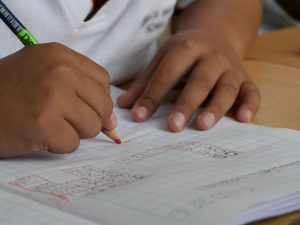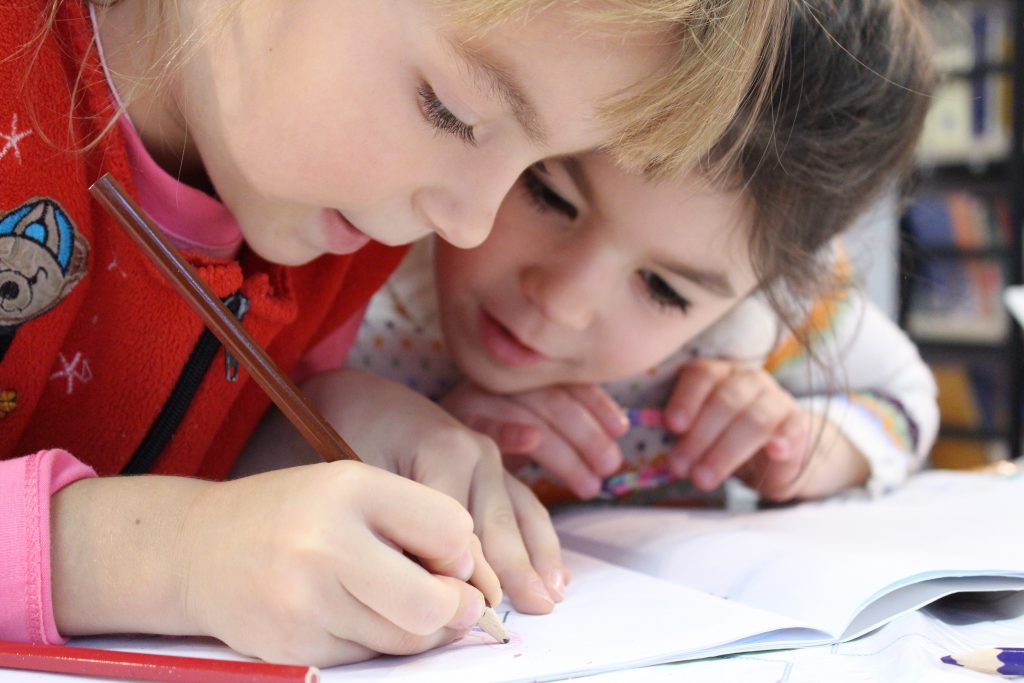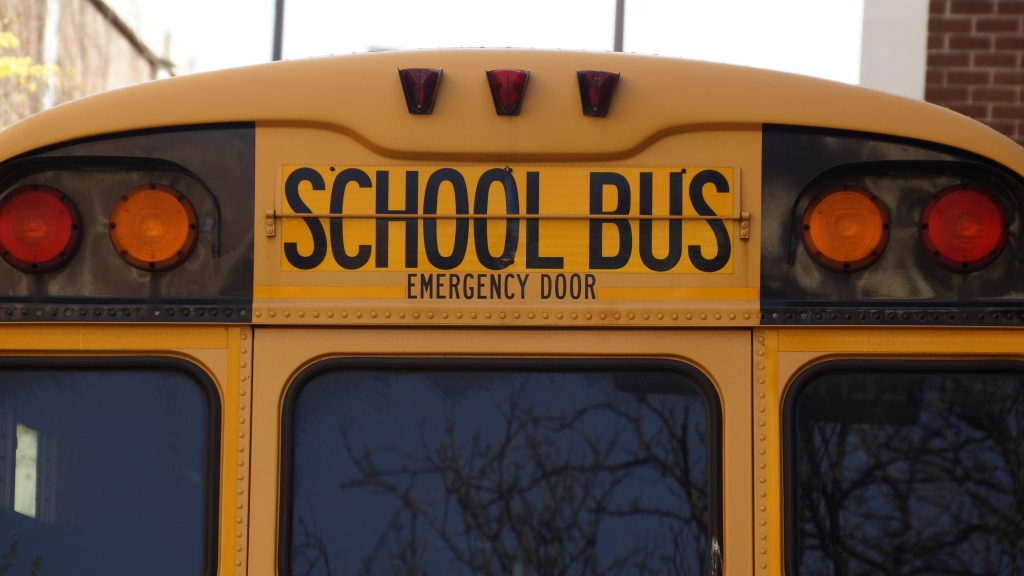
Competitive exams are often criticized for adding stress on student’s mind. Parents usually question, why should kids take additional test?
I would like to help you find the “why”. Let’s see, when was the last time you took a test? If you are thinking grad school, I would disagree. We go through testing every step of the way, you call it taking health assessment at fitness center, checking cholesterol count on lab report, monitoring your weight, checking your credit score, applying for a bank account, trying out a new beauty product, checking reviews on amazon, looking at yelp rating, no matter what name you call it, you rely on testing and results of some kind. Your kid has already been through multiple health tests, school tests, Physical Education drills, sports tryouts, etc. Right from the birth of your newborn, you start testing baby’s iron level, so take a deep breath.
You are not doing anything new, you are already used to it, more than you know it. Since we can not avoid it, least we can do is to train our kids to face it with a can-do attitude. I would like to say, stress occurs when you have to face it unprepared. Not knowing expectations on required skill set is annoying. Stress can occur if we focus on points earned Vs knowledge gained through any exam. I often remind all my students that I do not discuss your grades/points, I just want to see if you did better than your last attempt.
Now, how to prepare for required skill set? It’s is a gradual process, but if you plan ahead, you are better prepared to take it. For any specific exams I am writing about, once I find out what is needed, it’s easier to start coaching kids.
Please note, parents and coaches must do twice the preparation before starting the training, this helps reduce stress on student’s part. I always use good websites and books to make a simplified worksheet on each topic. I carry at least 10 sample problems already solved with me to class. This gives me a base to start testing along with training. Say for Ex, they have to analyze data for a large set. You may suggest using set Theory. You can start by explaining concept of a set, types of sets etc. You may want to give examples of popular/commonly used sets. I like to follow that with a simple Venn diagram explaining how it’s a great tool to organize data. Kids can then start solving practice problems to master the concept.
Who do you think will be at ease, one who knows the tool or one who doesn’t?








